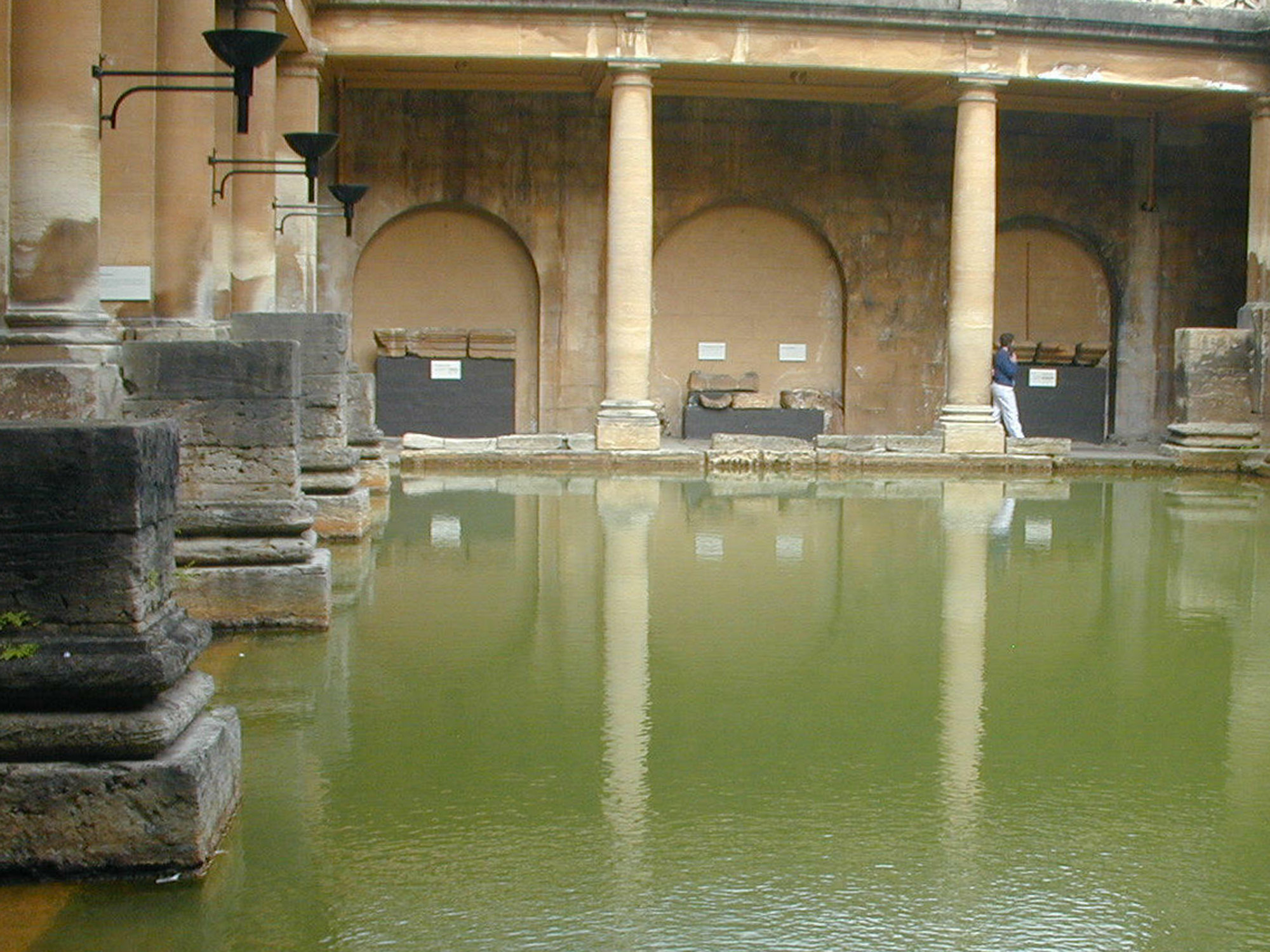Accepting the true nature of objects was the topic of the previous post. We learned that we can only really be content if we accept objects in its entirety: a pot may break, a man or woman may die. This is not only true for objects, but for activities as well. That is the topic of the fourth paragraph of Epictetus’ Enchiridion:
If you intend to engage in any activity, remind yourself what the nature of the activity is. If you are going to bathe, imagine yourself what happens in baths: the splashing of water, the crowding, the scolding, the stealing. And like that, you will more steadily engage in the activity if you frankly say ‘I want to bathe and want to hold my will in accordance with nature’. And do the same for every activity. So if any impediment arises in bathing, readily say ‘I did not only want this, but I also wanted to hold my will in accordance with nature; and I will not hold it like that if I am annoyed about what happens’.
Again, Epictetus advises us to visualize how things really are: what is their true nature? If you do something, you have to accept everything that comes with it. Do you want to bathe? Then accept splashing water and rude fellow bathers. Do you want to go shopping? Accept pushing salespersons, litter on the wayside and crowded streets. Want to go watch a sports match? Accept yelling fans, uncomfortable seating and the fact that your team may lose. Only by accepting all the aspects of an activity, you can be steadily content. If you are annoyed by some of those aspects, you do not accept the true nature of the activity. Complete acceptance is the way towards eudaimonia.

